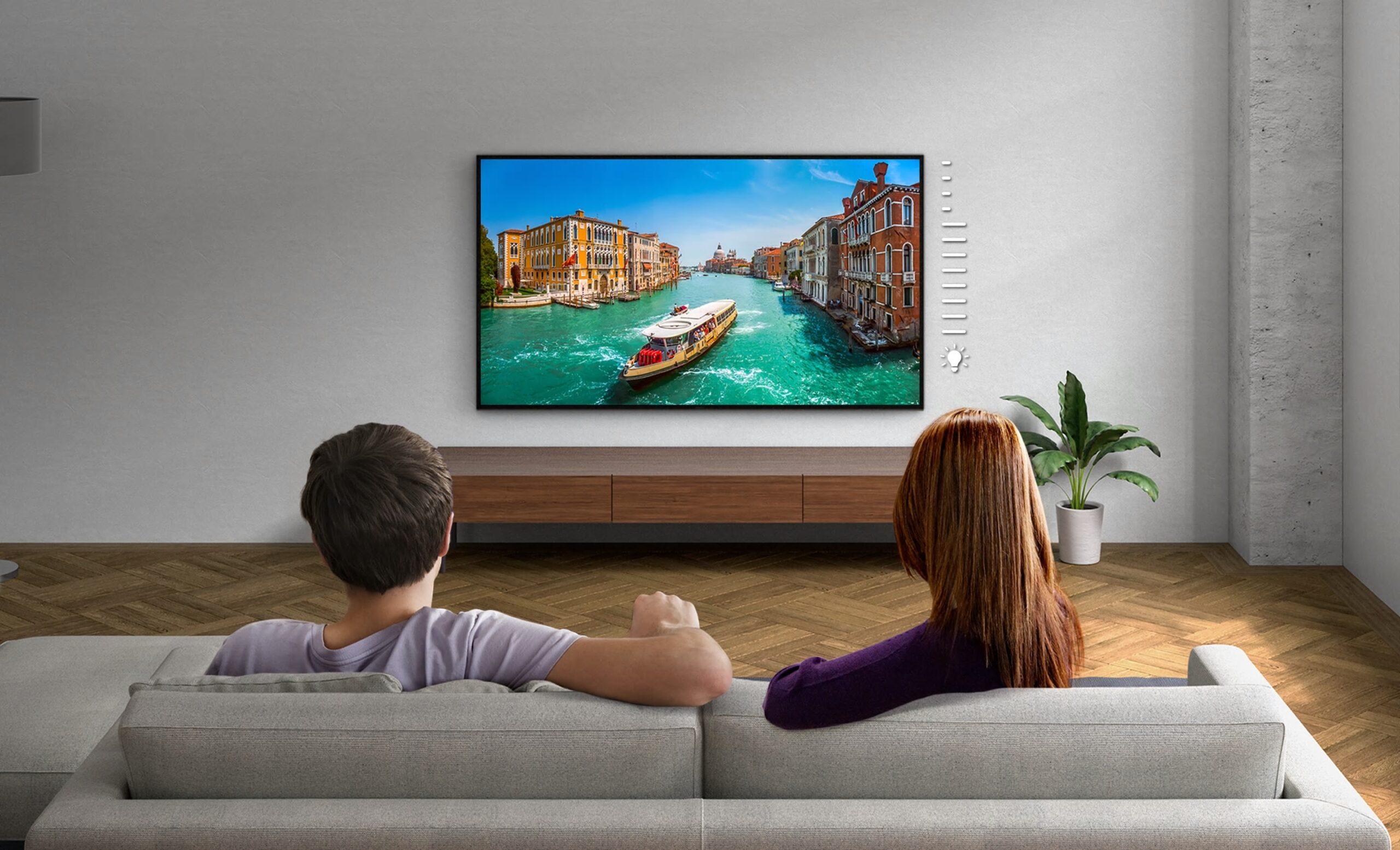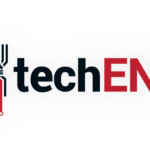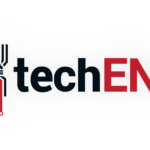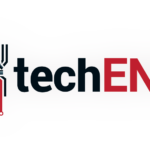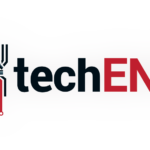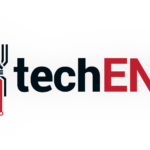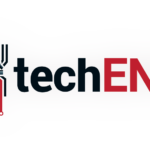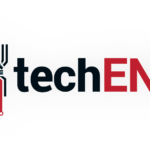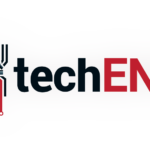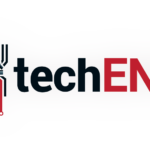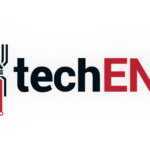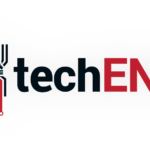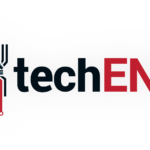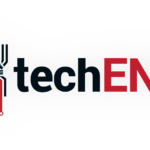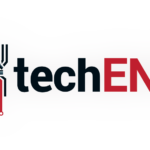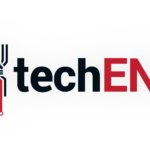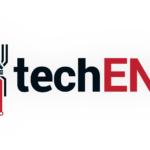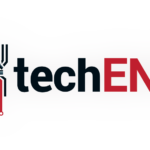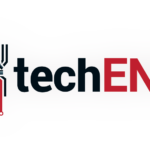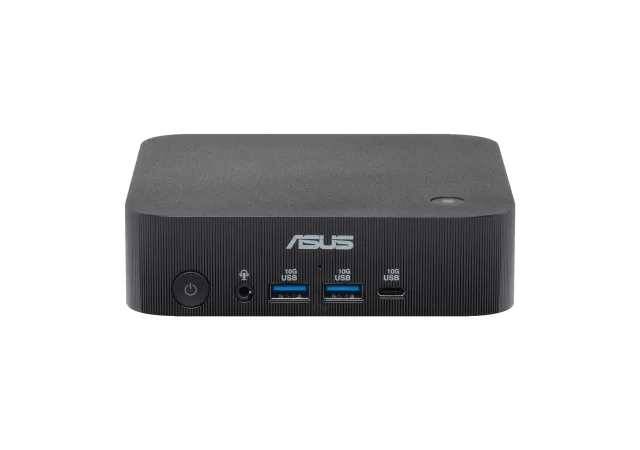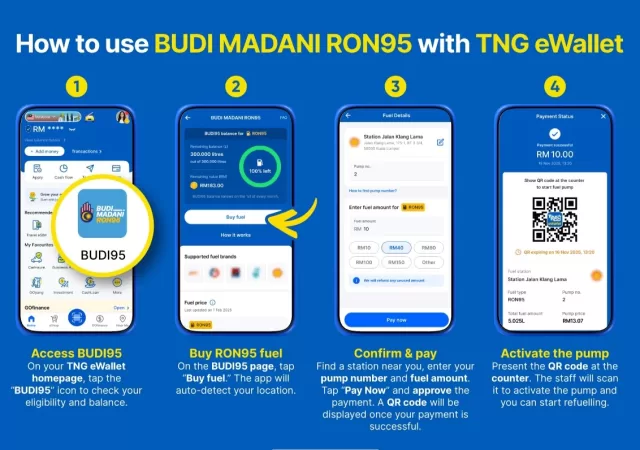The next era of console gaming is here! Oh wait, we are not in December 2020 yet; my bad. We got a little carried away with some of the interesting things that Sony promises with their upcoming PlayStation 5 (PS5) console gamer. We are not expecting to see the console until we are closer to December 2020 though.
While the gaming console is not yet coming, it does not hurt to prepare for its arrival. As per Sony’s claims, the next generation Zen 2 gaming console from the Japanese firm will support 8K resolution gaming or even 4K resolution at 120 frames every second. Right out of the box, there is a small issue with those numbers.
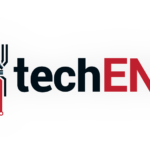
Most Televisions(TV) you can buy in the market today does not have the grunt to take full advantage of the power that the Sony PS5 boasts. The only TV that sort of came to mind that might take full advantage of Sony’s new console gamer is Samsung’s 8K Television which was launched last year. It is no Sony though, so it is not necessarily turned and made for PS5.
Of course, it only makes sense then that Sony makes TVs that would be fitting of the next generation gaming console. Sony launching TVs with this kind of power should not come as a surprise though. Still, what amazing devices they are.
Sony BRAVIA X90H
They have launched two new BRAVIA TVs to really take advantage of Sony’s PS5. The Sony Z8H and X90H TVs. The Z series, being the higher-end model will sport 8K resolution while capable of downscaling itself to 4K 120Hz resolution and refresh rate. You get up to 85-inch too for both models for the perfect immersion at home, even when you are not necessarily gaming.
We start with the X90H series of TVs. At the smallest, it measures at 55-inch. In that case, you get to choose between four sizes for the high-end TV at 55-inch, 65-inch, 75-inch, and 85-inch. All of them sport 4K resolution with HDR as well, so you are still not missing out even if your home may not have as large a space. The best part is that it refreshes at 120Hz still to take full advantage of the upcoming PS5’s 4K 120fps capability. All this is thanks to the new 4K X-Reality processor that Sony put into this thin TV.
Sound from the X90H is handled by Sony’s always brilliant X-Balanced speakers for superior sound quality. The speakers are even Dolby Atmos certified. That also means a highly immersive sound from an amazingly small package. Couple that with Dolby Vision on the TV and you get full immersion without needing an extra speaker system set. That also means you save some money there.
Sony BRAVIA Z8H
Since every other TV maker is getting to 8K resolution, Sony cannot be missing out. They are one of the biggest and more successful TV manufacturers to date after all. That gap is now filled with the Sony BRAVIA Z8H TV.
8K from the Z8H is amazingly rich. To fully take advantage of the many pixels you need a large display. You can appreciate the Full Array LED panel that stretches 85-inch.
At 8K though, you are limited up to 60Hz in refresh rate, which also means you cannot play games at 120Hz at full resolution. That is okay though, even the PS5 can only do 8K in limited fps. Turn it down to 4K though and you can harness a full 120hz and therefore run your PS5 at 120fps and still enjoy great images. The refresh rate advantage alone is already an advantage for the Sony against other TVs.
It is not a regular HDR that we have here though on the 8K display. It is an Extended Dynamic Range (XDR), instead of High Dynamic Range that we are talking about. That means even more details in the dark, and even better contrasts from your pictures. This is only possible with Sony’s X1 Ultimate processor fitted into the TV. Of course, this being Sony’s highest end TV, it is Dolby Vision certified too.
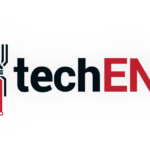
That is not all this TV is capable of though. It has S-Force speakers which also means that sound comes from multiple parts of the TV. This is quite expected from Sony’s highest end TVs though.
The S-Force speakers means that the Z8H produces sound like no other TVs in the market. Without a full array of speaker sets, the TV itself can produce a true Dolby Atmos experience with virtual surround sound, including the low frequencies. If you have a speaker system, this would be the center firing speaker. In some sense though, if you want your TV space to look clean, you may not even need a soundbar or other speakers for this.
Android TV + Apple AirPlay
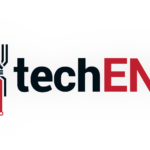
Since both the BRAVIA X90H and Z8H TVs are Sony’s line of Smart TVs, they pack Android out-of-the-box for your enjoyment. Sony has been on the Android TV platform exclusively for a while now. That also means that you get to enjoy Netflix, Amazon Prime and even use Spotify on Sony’s amazing speakers built-in with the TV without needing an extra TV box. This is nothing new though.
What is new is the AirPlay compatibility that the new TV comes with. Apple AirPlay, before this, is a feature exclusive to Apple TV Boxes. There were only a handful of TVs in the market that supports the feature. Sony will now fully embrace the Apple ecosystem with AirPlay. This also means you can watch Apple TV and Apple TV+ programs on your TV without an Apple TV Box. You just need to have your Apple iPhone or iPad.
Full Array LED
What is new is Sony adopting Full Array LED panels instead of the usual direct lit OLED panels of the new high-end TVs. While they look similar, there are differences. Bear with us as we get a little bit technical.
Sony’s BRAVIA TVs are known for championing OLED technology even when other manufacturers are moving away from OLED. There is a very good reason for their adamance to their stubbornness though. No, it is not because they are Japanese.
OLED is very expensive, more so than IPS. The price alone is a small reason to other manufacturers choosing to go on a different route to their TVs. The high price is partly due to the limited amount of production in OLED panels.

The price is also still justified by the unparalleled colour contrast, brightness, and accuracy in the display industry. There is a reason why plenty of colour accurate monitors and reference displays still use OLED panels. The only panels that can achieve true black in the modern market are still OLED panels. That is what Sony wants, an unparalleled colour clarity and accuracy compared to any other TVs, while ensuring that you are not blinded.
There are downsides however, besides its high price point. It is not as durable as a regular LCD panel. While you can make OLED panels thinner than your exam papers, It may not last as long as a regular LCD panel. You might want to replace your TV or OLED panel in 3-5 years at a time, and that is just not as feasible in your home.
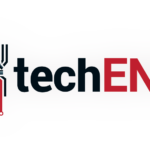
They call it LED burn in. This is also the reason why Sony did not include the always on function that Samsung has made popular in their wallpaper TVs. This happens especially when you leave an image on the panel for too long. You start seeing silhouettes of the image that is burned into the panel even when you want other images on your TV. This is an annoying and quite uncurable for OLED TVs.
To handle the problem, Sony has an LED ‘cleaner’ program built into their TVs. That does not completely eliminate the issue though. The program just extends the life of the panel a little bit with minimal loss of clarity and quality. The damage can be accalerated with leaving your display on for a long time without anything playing on it. It can be exaggerated with bright colours.
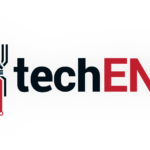
This is where Full Array LED comes in though. If you look through Sony’s specification sheet for the new high-end TVs like the Z8H and X90H, you will notice that it is not an LED panel anymore that is stated in the display. Instead, you find an LCD panel with LED backlighting as its description.
No, it is not false advertising. Full Array LED panels are generaly LCD panels with LED backlight behind the LCD panels. The only difference between a regular LED backlit panel and Full Array LED panel is the amount of LEDs there are in the panel.
Full Array also means that each pixel is individually backlit as well by an LED array. There are plenty of benefits for this. Among which, a Full Array LED panel’s black is the closest to a direct lit OLED panel’s black so far. Though it may not be true black, as far as technicalities are concerned, it makes very negligible differences in a normal human eye.
Everything else is also pretty similar in terms of picture and colour quality. Sure, there is a little more colour bleeding from the edges of the image. That also means there might be a slight smear in the images. Again, they are very negligible to the naked eye. One thing for sure, these panels are cheaper than regular OLED panels to produce. That said, the new high-end TVs from Sony are not exactly on the affordable side.
Price and Availability
The more affordable Sony X90H that is ready to take on your Sony PS5 will set you back MYR 4,299 (starting from). Considering that there are not many TVs that would be boasting next-gen gaming console support, the price is somewhat acceptable. The X90H is now available from Sony’s retailers and Sony Centre’s across the nation.
The Z8H is a pill that is quite difficult to swallow. You would want to have a considerable space for the TV itself, thanks to its enormous size at 85-inch. You will need to spare another MR 79,999 for the TV though if you really want it. Yes, the price is quite similar to their competitor, Samsung’s, offering. You get 4K at 120Hz on this thing though. This is a testament of; “with money, anything is possible”. The high-end 8K TV will be available sometime this month as well, well before PS5 launches.



